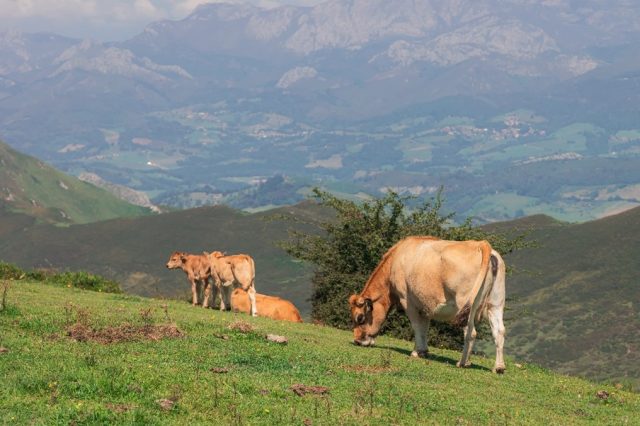
Recently, the EU Parliament held its much-anticipated vote on the Nature Restoration Law, approving this contested piece of legislation in its first reading with a razor-thin margin of 324 votes against 312 (with 13 abstentions). Although there is a long process ahead of amendments and negotiations with the Council, the initial approval of the law is concerning nonetheless.
The purpose of the bill, as part of the Green New Deal pushed by the Commission, is to restore at least 20% of the EU’s degraded terrestrial and marine ecosystems by 2030. Its proponents defend that this law is necessary because “restoring the ecosystem is key to combating climate change and biodiversity loss, and reduces risks to food security.”
Nonetheless, conservative opponents and farmers argue that it will threaten agricultural production and food security, and indeed, the deployment of renewables. For instance, the agricultural association Copa-Cogeca argues that this law will only create “losers in our rural areas, starting with the smallest and most fragile economic structures.”
In a similar vein, Jorge Buxadé, the EU Parliament spokesperson of VOX (the only Spanish party that actually represents farmers’ interests) highlighted, is part of the execution of the globalist “2030 Agenda”, and which, “under the guise of fighting climate change, will be restrictive, coercive and punitive for the middle classes”.
We can draw three lessons from this. The first, which is already well known, is that Brussels is controlled by a liberal-left consensus. Indeed, lobbies affiliated with those ideologies have been a core part of the Commission’s strategy to push this law.
However, as the second lesson indicates, climate policies are no longer a consensus topic in Brussels. Rather, these issues are becoming increasingly politicised, largely aligned with the new sovereignty versus supranationalism axis that is supplanting the out-phased left-right axis in structuring European politics.
In this context, conservative parties have taken up the mantle of defending state sovereignty and the economic wellbeing of their citizens against Brussels’ climate agenda, and as Europe continues to shift rightward, climate policies will become even more contested and not as easy to ram through disregarding the concerns of the people.
Just in the last year, several countries have formed new governments led by or in coalition with ECR parties: Fratelli d’Italia in the case of Italy, or the Finns Party in Finland. Very soon, VOX will likely be kingmaker for the centre-right People’s Party (PP) who will likely win the upcoming Spanish general elections. In the case of the Netherlands’ fragmented parliament, although not an ECR member (at least for now), the new agrarian, patriotic, conservative BBB Party will likely win the autumn elections.
What is clear is that the composition of the Council of the EU and the Parliament is going to change, which means that future Commissions will no longer have a blank check to promote their ideological agendas, while the former institutions will no longer act as mere rubber stamps for Brussels’ agenda. As Buxadé stated, if VOX joins the new Spanish government, together with their other European conservative allies, they will “prevent the passage of the misleadingly-named Nature Restoration Law.”
And thirdly, the EPP is not a credible conservative voice. This is an important lesson that should be kept in mind ahead of the EU elections next year. This situation in the Parliament and the EPP’s opposition to the Nature Restoration Law seems very much like a calculated electorally-motivated stunt, designed to attract conservative voters and position the EPP as the representative of farmer’s interests ahead of next year’s EU Parliament elections.
It is a stunt because, on practically all crucial ideological questions that have been on the agenda, only ECR has defended conservative common sense, while the EPP has sided with the Socialists and Liberals to push through the Green New Deal and other dogmatic policies that harm key economic sectors and citizens. The EPP has even admitted as much.
In case there were any doubts, despite opposing the law, the EPP’s lead negotiator for this bill Christine Schneider assured that “we as the EPP stand by the objectives of the European Green Deal”, and simply nuanced that they “don’t agree on the path to take” with regard to the law in question.
We shouldn’t forget that Commission President Ursula von der Leyen is herself a member of the EPP, and she supported the law. So, apart from an electoral stunt, this may also just be another episode in the political feud between von der Leyen and Manfred Weber.
What is certain is that only the ECR stands firm in defence of conservative views and in defence of the European economy and strategic autonomy against green dogmas, and citizens should keep this present when they cast their ballot next spring.



 Subscribe
Subscribe